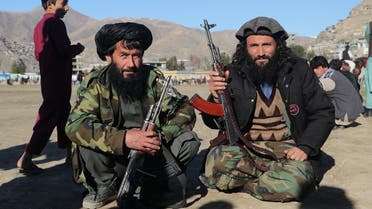Iran Strengthens Its Palestinian Cards

Ongoing fighting in the Ain al-Hilweh refugee camp may be part of a plan to weaken Fatah and undermine normalization with Israel.
In the past week, fighting erupted in the Palestinian refugee camp of Ain al-Hilweh near Sidon between Islamist factions and Fatah, after one of Fatah’s military commanders, Abou Ashraf al-Amroushi, was assassinated on July 30. While the fighting was hardly an anomaly, the fact that the head of the Palestinian General Intelligence Service, Majed Faraj, had visited Lebanon only days before fueled speculation that his visit might have triggered the fighting. Tensions between Hamas, which maintains good relations with Palestinian Islamists, and Fatah have surged in the West Bank and might have impacted the events in Ain al-Hilweh.









